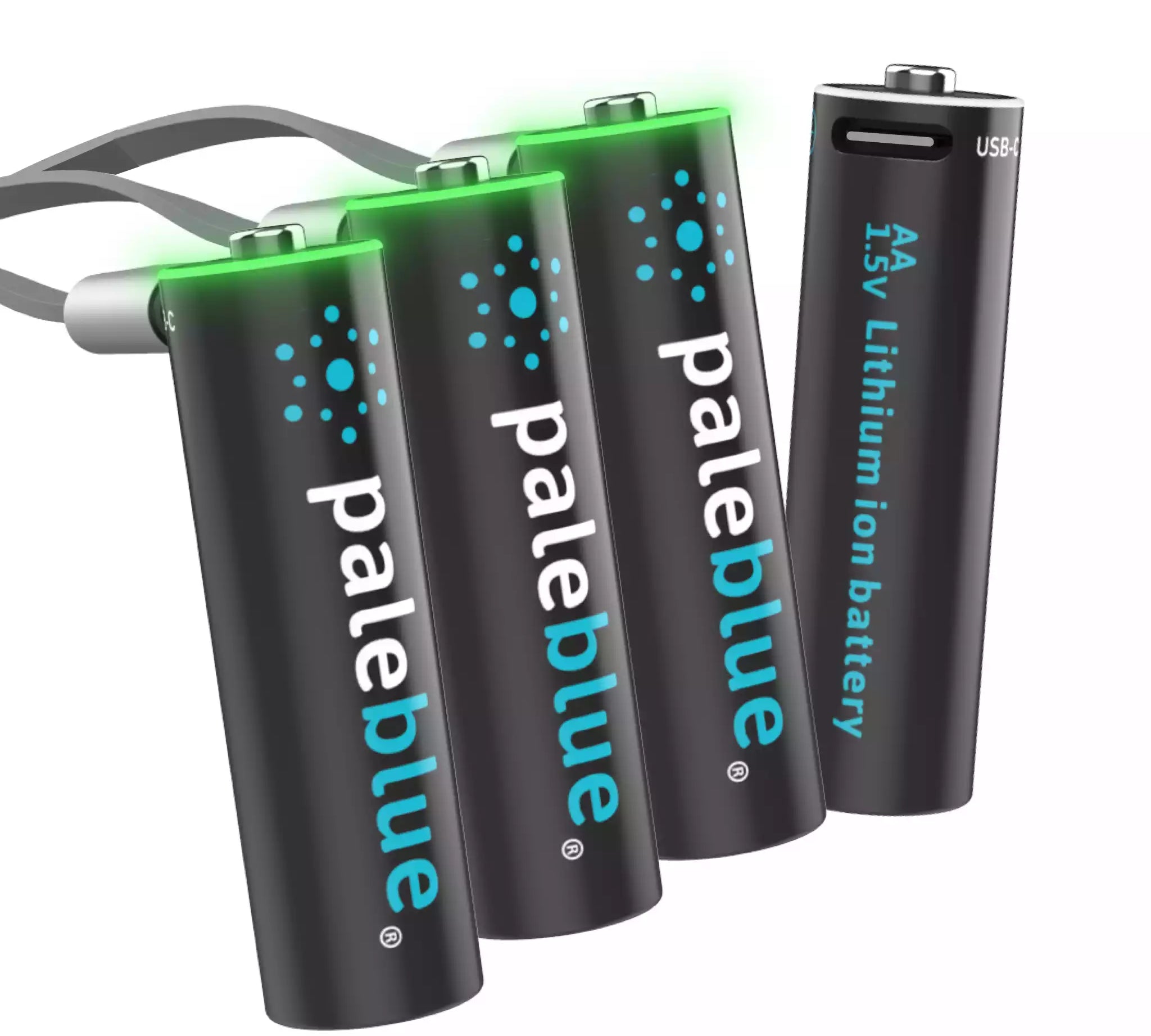How to Safely Clean Battery Corrosion

Last Updated: November 2025
Important tips on how to prevent battery leakage and how to safely clean battery corrosion if it happens!
Have you ever excitedly reached for your favorite battery-powered gadget that you haven’t used in awhile, excited to bring it out again and create some memories with it? However, when you open it up to discover why it isn’t working, you find a messy buildup of caustic materials covering your battery!
This build up of chemicals and materials is called battery corrosion, and it’s not a pretty situation. Don’t worry however, there are some easy ways you can clean up the corrosion and prevent it from happening!
What Is Battery Corrosion?
So your battery is corroded, but what exactly does that mean? Battery corrosion is a common chemical reaction that happens when batteries haven’t been used in awhile and are not stored properly. Corrosion typically looks like a white or blue powdery material on the surface of your battery. You’ll be able to spot the corrosion instantly.
Leakage is very common in alkaline and zinc-carbon batteries, while lithium-ion batteries rarely leak. Alkaline batteries often wear out with wear and tear, and while you can clean up the corrosion on the device it was in, you should throw out the battery if it’s leaking.
What Causes Battery Corrosion?
Batteries slowly but continuously discharge over time, whether you are using them or not. They release gas while doing so, and when the hydrogen gas, water vapor, and sulfuric acid vapor all come into contact, they can react with the battery terminals.
This produces battery corrosion. This interaction of chemicals can create pressure and cause the ends of your battery to rupture and leak.
Leaving Batteries in Electronic Devices
Batteries commonly corrode if you leave them in an electronic device for a long period of time without using it. If you know you won’t be using your battery-powered devices for a while, then you should go ahead and take them out and store them somewhere safe.
High Temperatures
Leaving your batteries in a hot place can accelerate the chemicals inside to react and cause quick battery corrosion. As temperatures outside increase, so does the speed of the chemicals inside your battery, which leads to a shortened lifespan. Temperatures affect all alkaline batteries, but they also have a major effect on your car battery.
It’s recommended to check your car batteries often to make sure they’re not corroded, especially if you live somewhere where it's often hot for a long span of time.
How to Get Rid of Battery Corrosion?
If your battery is corroded, then there is no saving it. The battery is dead and should be disposed of properly. However, if battery acid has leaked onto your electronic device, there are ways to clean up the leakage and save your device.
It’s important that you take safety measures to carefully clean up any battery leakage. Here are a few tips and steps to safely clean off corrosion!
Safety Gear
First of all, make sure you begin the process by putting on protective gear. Battery acid can be dangerous because it’s a corrosive material. Be careful not to touch it, as it can cause chemical burns if it comes into contact with your skin.
It’s recommended that you wear eye protection as well as gloves and complete this process in a well-ventilated area.
Clean the Corrosion
Next, remove the corroded battery using gloves. Wipe off the corrosion using a wet rag and place your battery in a bag for recycling later.
Then, you’ll want to clean the corrosion off of your device, drawer, or whatever it may have leaked onto. It’s recommended to use a cleaning solution with mild acidity, such as lemon juice or vinegar.
You can also create a solution by mixing baking soda and water. Simply mix a couple tablespoons of baking soda with some water to create a paste-like cleaning solution.
Scrub the Corroded Area
You can use a wire brush, toothbrush, or Q-tip to clean the corroded residue off your device. If you use the baking soda solution, the reaction will cause the battery acid to bubble and neutralize, making it easy for you to scrub away.
If you use a low-acid solution of lemon juice or vinegar, allow a moment for the chemicals to react once you put a few drops on the corrosion. After a couple minutes, you can start scrubbing. If there is still corroded residue after scrubbing with a wire brush, you can use a toothpick or a small file to clean off the smaller areas on your device.
Cleaning battery corrosion doesn’t take much time when using the right solution and cleaning tools. Just remember to exercise caution and be very careful not to get any battery acid on your skin or in your eyes!
How to Prevent Battery Corrosion
Leaked and corroded battery acid is probably the last thing you want to deal with. It’s messy, time-consuming, and can be dangerous. Fortunately, there are measures you can take to prevent your batteries from leaking and corroding!
While all batteries will eventually reach the end of their lifespan, it’s important to take care of your battery’s life for a few different reasons. Replacing batteries can be expensive, time-consuming, and a hassle.
So how can you prevent battery corrosion? There are a few ways to prevent this from happening.
- First of all, avoid leaving your batteries in devices that you don’t often use. If you leave batteries in a gadget and they leak, not only is it dangerous to touch but it can ruin your electronic device.
- Store your batteries in a dry, clean, and cool place. Keeping them away from high temperatures as much as you can helps extend their life. It’s best if they’re kept at room temperature or even a little cooler.
- Batteries expire! Yes, even batteries are best if used by a certain date. If you look at your battery closely, you’ll see the “best if used by” year. Using expired batteries can cause leakage, so always check the expiration dates before putting them in a device!
- Don’t mix old and new batteries! Even mixing different battery brands is best avoided. Mixing old and new batteries can also affect the overall performance of the device they’re powering. Old batteries have a different voltage than newer ones, and mixing these together can lead to overheating, leaking, and even ruining your device.
Taking care of your batteries may require some extra effort on your part, but preventing messy and dangerous battery corrosion as much as you can is worth it!
Did you know?
Paleblue’s rechargeable batteries don’t corrode and are therefore the ideal solution for someone looking for a sustainable option.
Recycle Your Used Batteries
All batteries die at some point; this is inevitable. No matter how well you take care of them, there will come a time for you to dispose of them and buy new ones.
Did you know that Americans throw out more than 3 billion batteries per year? That’s a total of 180,000 tons of hazardous waste contaminating our landfills. Old batteries leak out toxic chemicals that can contaminate soil and water sources. It’s very important that we dispose of our old batteries properly by recycling them! Due to batteries' negative impact on our ecosystem, some states and counties legally require batteries to be recycled. Check your state and local laws regarding batteries, as well as if there is a local battery recycling facility near you!
Battery corrosion eventually happens, so it’s important to know how to clean up the battery corrosion properly and safely, as well as how to recycle your batteries at the end of their life.








